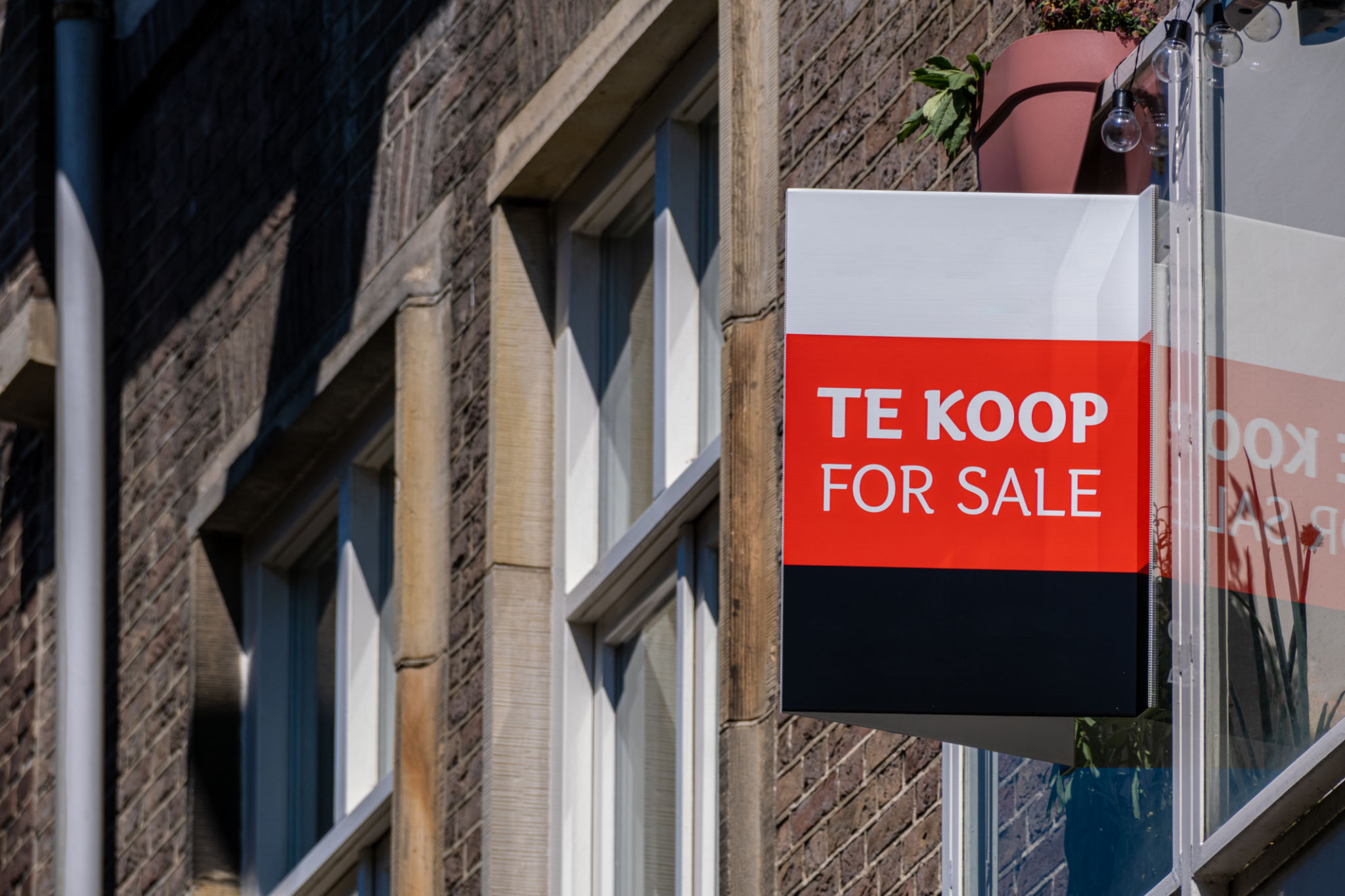Avoiding Common Pitfalls in Dutch Real Estate Transactions
Understanding the Dutch Real Estate Market
Engaging in real estate transactions in the Netherlands can be a rewarding experience, but it's not without its challenges. The Dutch property market has its own set of rules and practices that might be unfamiliar to international buyers. It's crucial to understand these nuances to avoid common pitfalls and ensure a smooth transaction.
One of the unique aspects of the Dutch real estate market is the importance of location. Cities like Amsterdam and Utrecht are highly sought after, which can lead to competitive bidding and rapid changes in market conditions. Buyers should conduct thorough research and consider working with a local real estate agent who understands the market dynamics.

The Role of a Notary
In the Netherlands, notaries play a vital role in real estate transactions. Unlike in some other countries, a notary is a neutral party who ensures that the interests of both the buyer and the seller are protected. They are responsible for drafting the deed of transfer and ensuring that all legal requirements are met.
It's important for buyers to understand that notaries in the Netherlands do more than just authorize documents. They provide legal advice and make sure that the transaction adheres to Dutch law. Choosing an experienced notary can help prevent legal issues down the line.
Understanding Financing Options
Securing financing for a property purchase in the Netherlands can be complex, especially for non-residents. It's essential to explore various financing options and understand the terms and conditions of each.
Many Dutch banks offer mortgages to non-residents, but these often come with specific requirements such as a higher down payment or proof of income. Consulting with a financial advisor who specializes in Dutch real estate can provide clarity and help navigate this process.

Inspection and Valuation
Before finalizing a purchase, it's crucial to have a thorough inspection and valuation of the property. This step can reveal potential issues that might not be immediately visible but could affect the property's value or safety.
Buyers should hire certified inspectors to assess the property's condition. Additionally, obtaining an independent valuation ensures that you're paying a fair price based on current market conditions. Skipping these steps can lead to unexpected costs or disputes after the purchase.
Potential Legal and Tax Pitfalls
Navigating legal and tax implications is another area where buyers often encounter pitfalls. The Dutch tax system has specific rules regarding property purchases, including capital gains tax and transfer tax, which can impact your investment's overall cost.
Consulting with a tax advisor who understands Dutch property laws can help anticipate any taxes or fees that might arise. Proper planning can prevent unexpected expenses and ensure compliance with local regulations.

The Importance of Due Diligence
Conducting due diligence is perhaps the most critical step in avoiding pitfalls in Dutch real estate transactions. This includes verifying property titles, understanding zoning laws, and reviewing any outstanding debts or obligations associated with the property.
Engaging professionals such as lawyers and surveyors to assist in this process can provide peace of mind and protect your investment. A detailed due diligence process ensures that you are fully informed before committing to a purchase.
By understanding these key areas and seeking professional guidance when necessary, you can navigate the Dutch real estate market with confidence and avoid common pitfalls that could otherwise complicate your property transaction.
